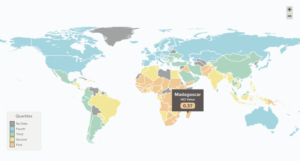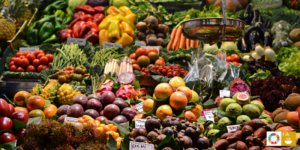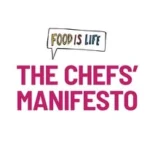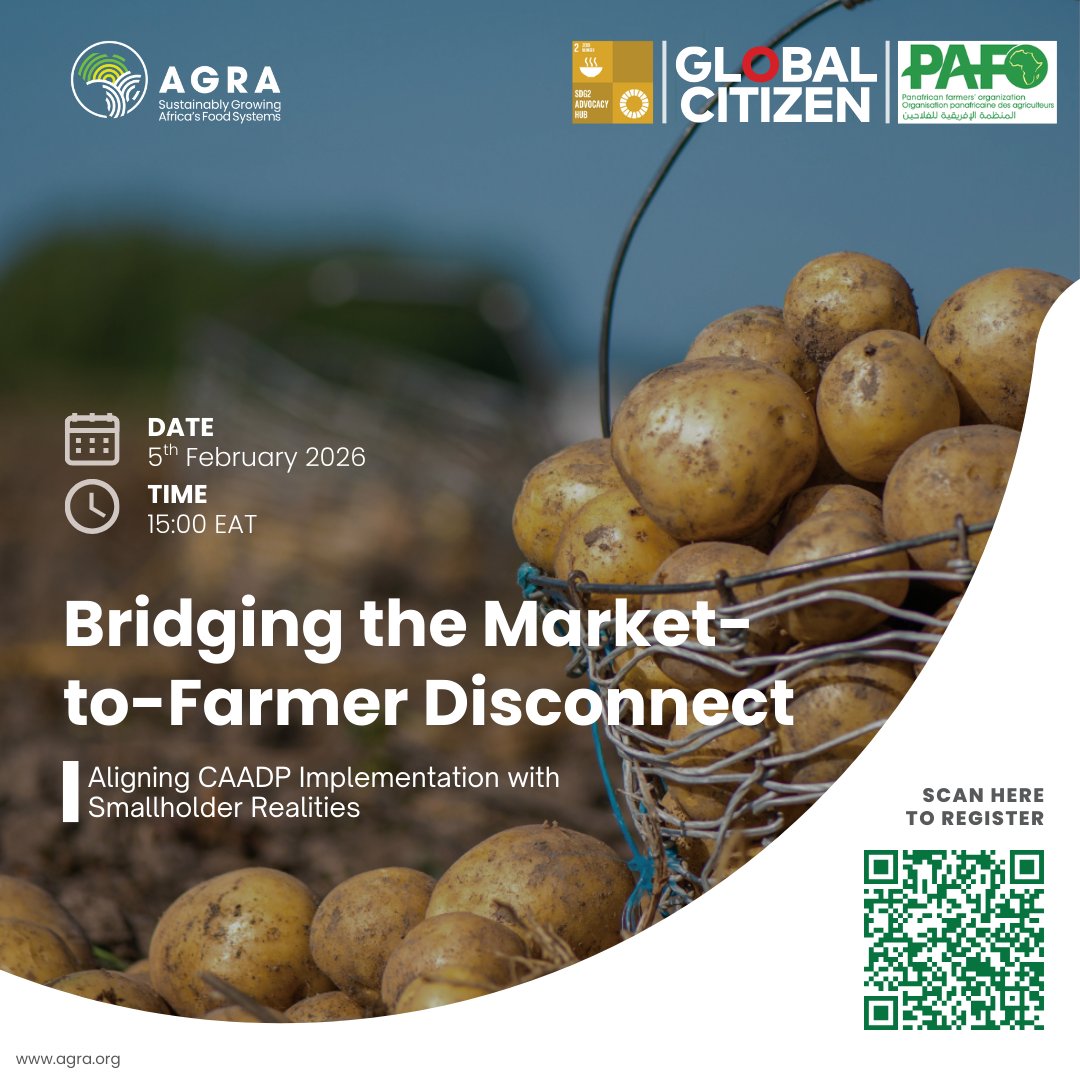


The economy of tomorrow will demand a healthy, educated and resilient workforce. To fill the current ‘human capital gap’, the World Bank has launched the Human Capital Index, a tool measuring human capital outcomes such as child survival and adult health to encourage greater investment in people.
“Human capital”, or the potential of individuals, is the most important long-term investment any country can make for its population’s future prosperity and quality of life. However, governments have continually under-invested in their people and, in many countries, the workforce is unprepared for the future that is fast unfolding. The World Bank warns that without a concerted effort to build human capital, people and entire countries are at risk of being left behind.
To meet this challenge, the World Bank’s Human Capital Index gives each country a score ranging between 0 and 1, showing how far it is from a “frontier” of complete education and full health. Indicators used to calculate this index cover survival, learning and health.
In Madagascar, stunting rates remain more than twice the global average. For Malagasy children, chronic malnutrition in early-life puts at risk their growth and potential as well as that of their country.
From ensuring the health of women of reproductive age and the survival of children, to preventing stunting, fueling the development of people’s brains, and providing balanced and safe diets for good health, the food system has a lot to contribute to this agenda. Investing in safe and nutritious food is investing in people.
With global hunger levels continuing to rise for the second year in a row, food systems need to prioritise improved nutrition and health and deliver nutritious, safe and sustainable food. To achieve this end, a combination of improved knowledge, sound policies and investments are required to transform the behaviour of food system actors from farm to fork.
Food for thought:
- For more on the Human Capital Project
- Check out this Madagascar case study exploring an initiative to tackle childhood stunting
- Read the World Bank’s The Future of Food: Shaping the Global Food System to Deliver Improved Nutrition and Healthor this summary
- See the World Bank’s World Development 2019: The Changing Nature of Work







